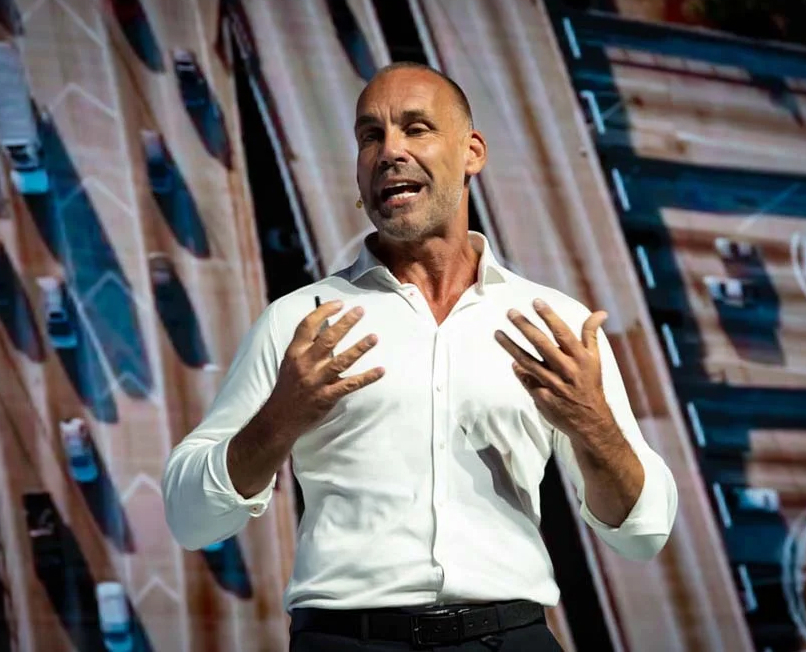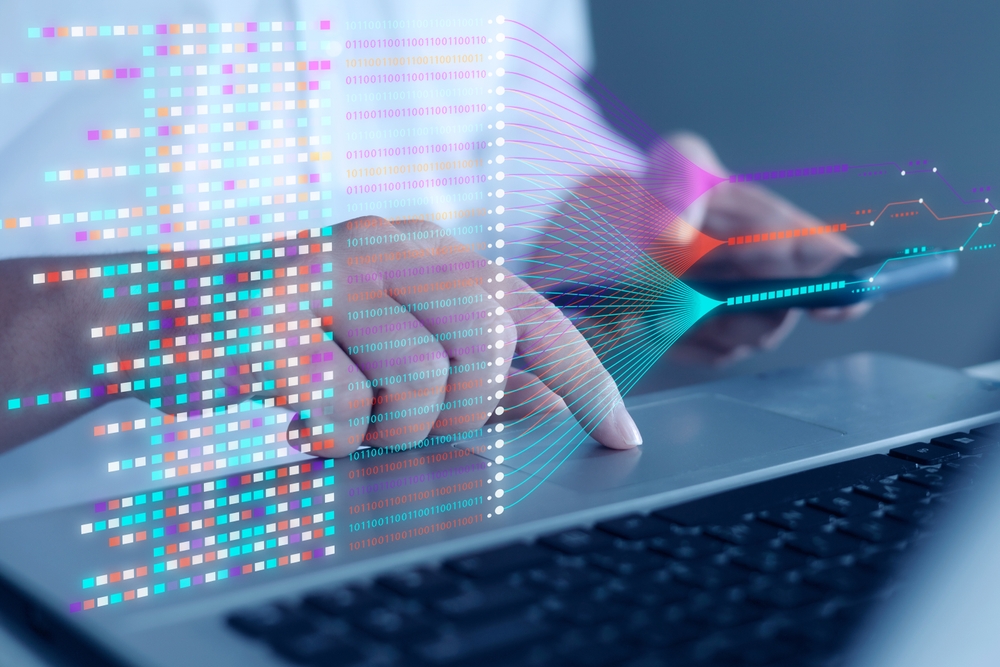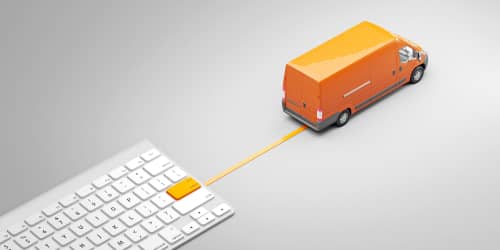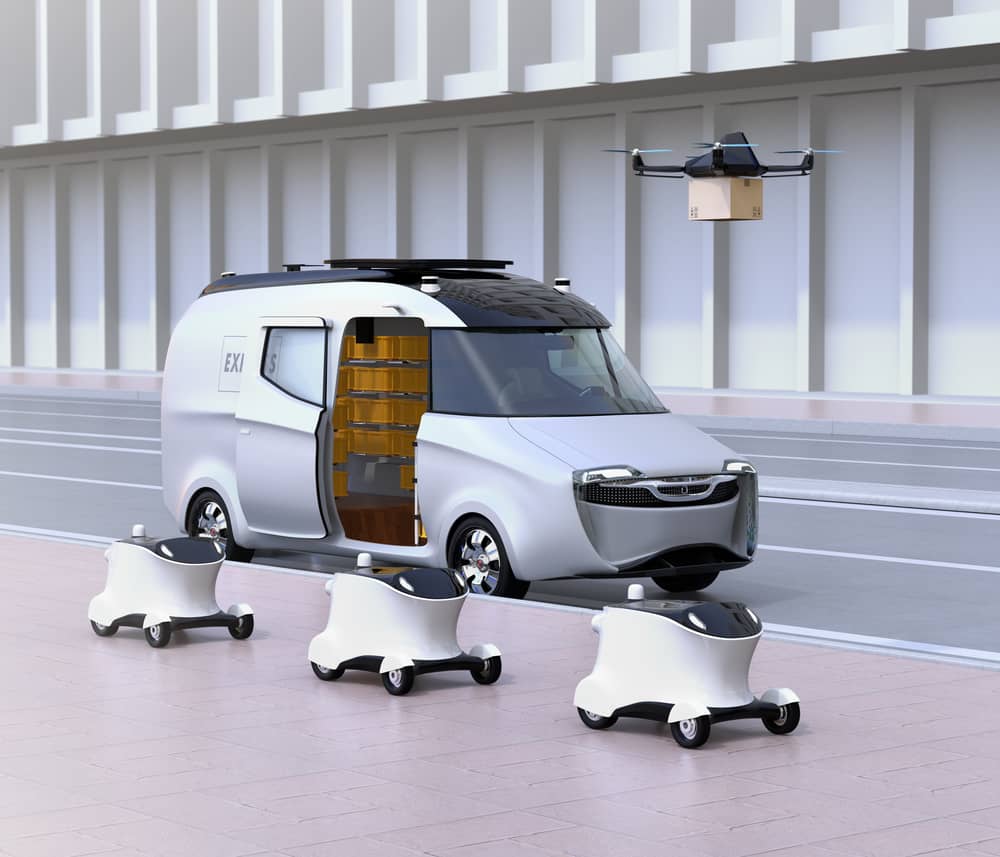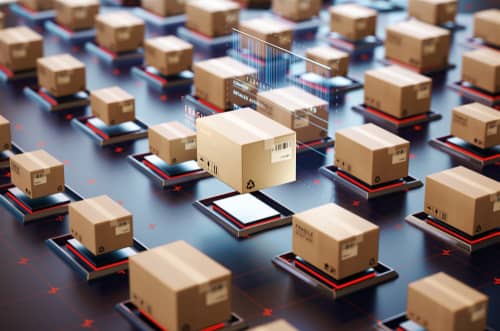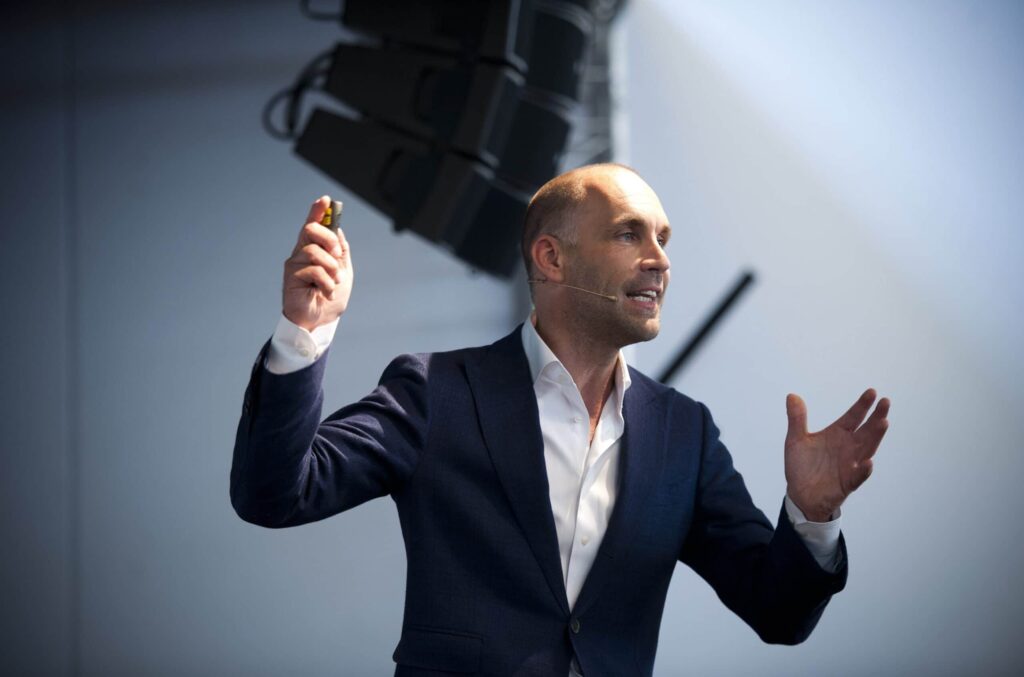The transformation of logistics and supply chains has begun. We see new autonomous transport systems and robots and algorithms provide less ‘waste’ and higher yields. Drones deliver products within hours of clicking the order button.
Self-driving trucks take care of the supplies and robots take care of the maintenance in the warehouses. The Uberization of logistics has begun. Are you already part of the future of logistics & supply chain?
